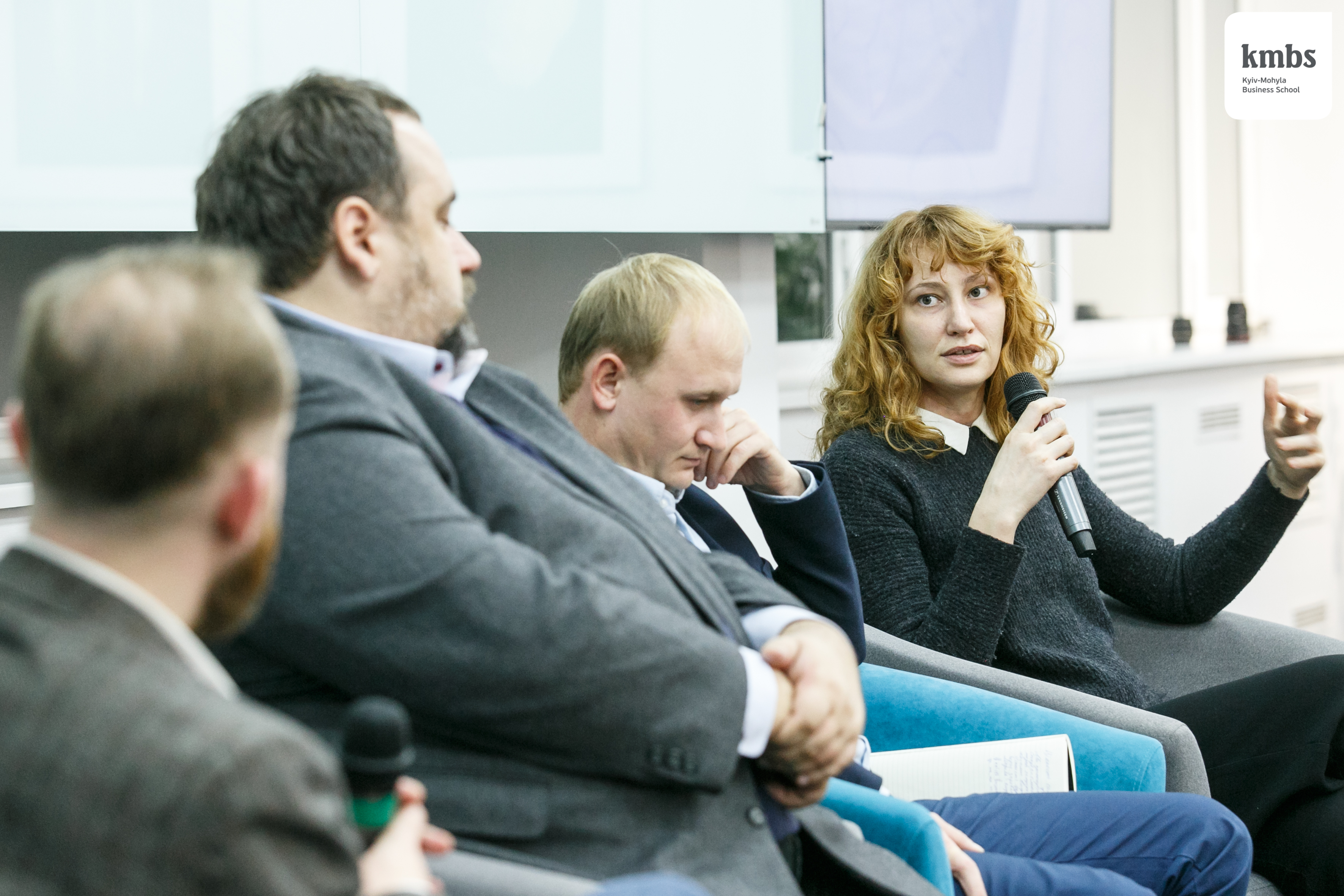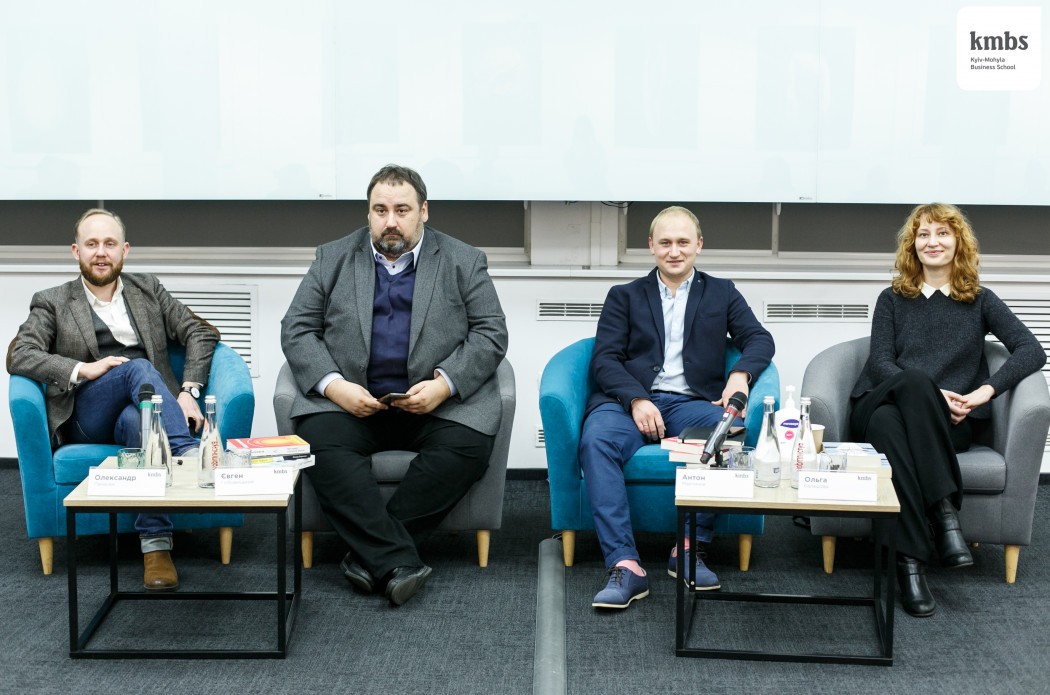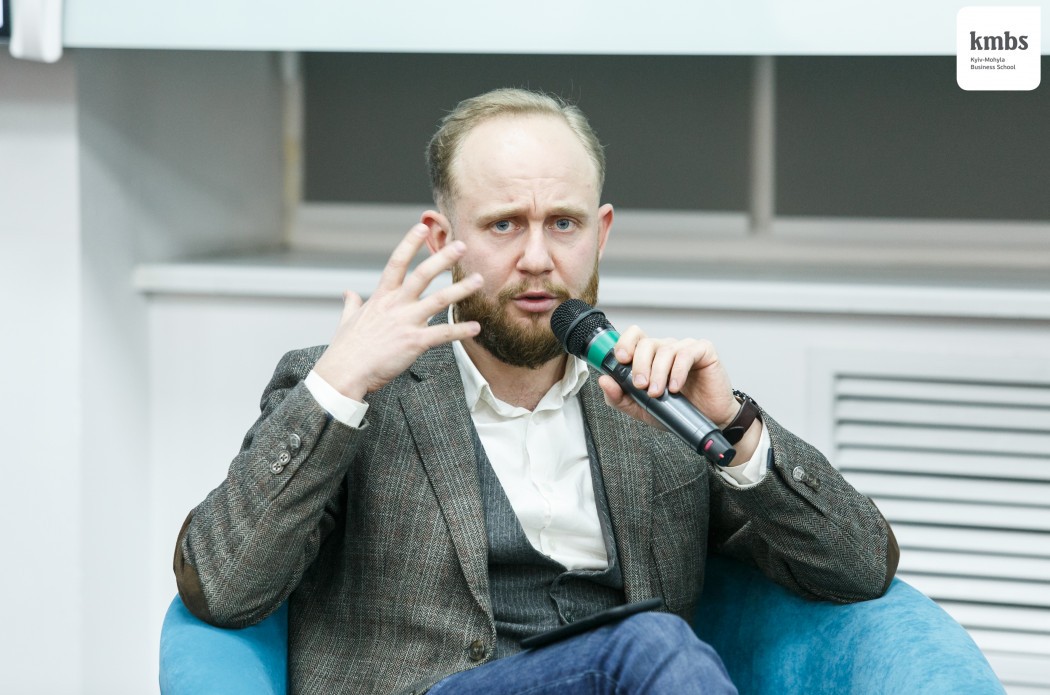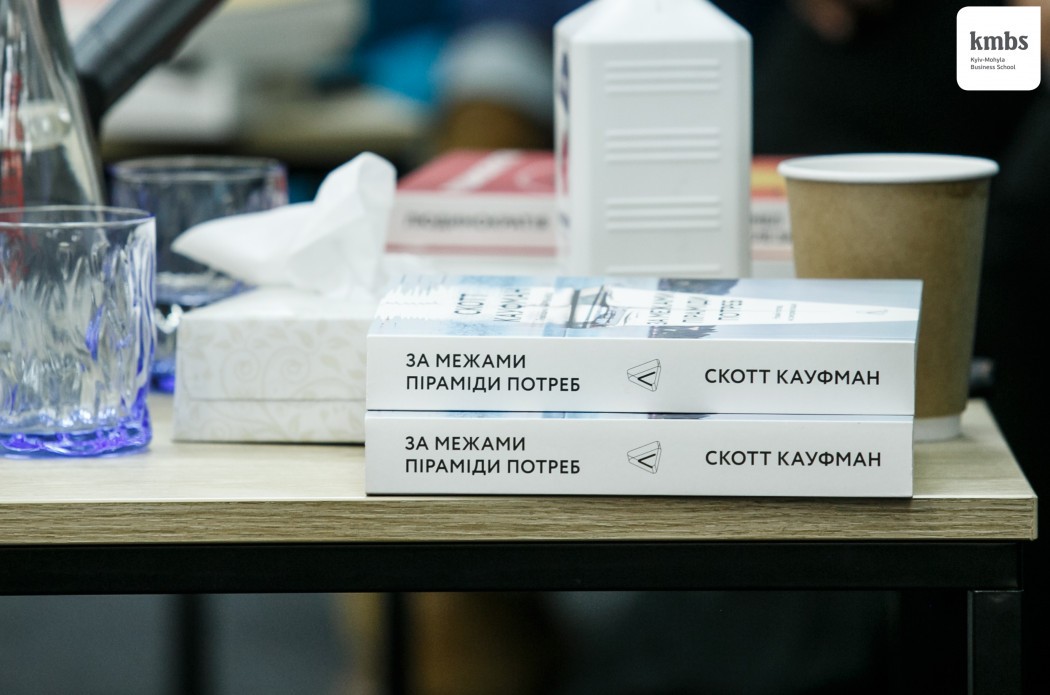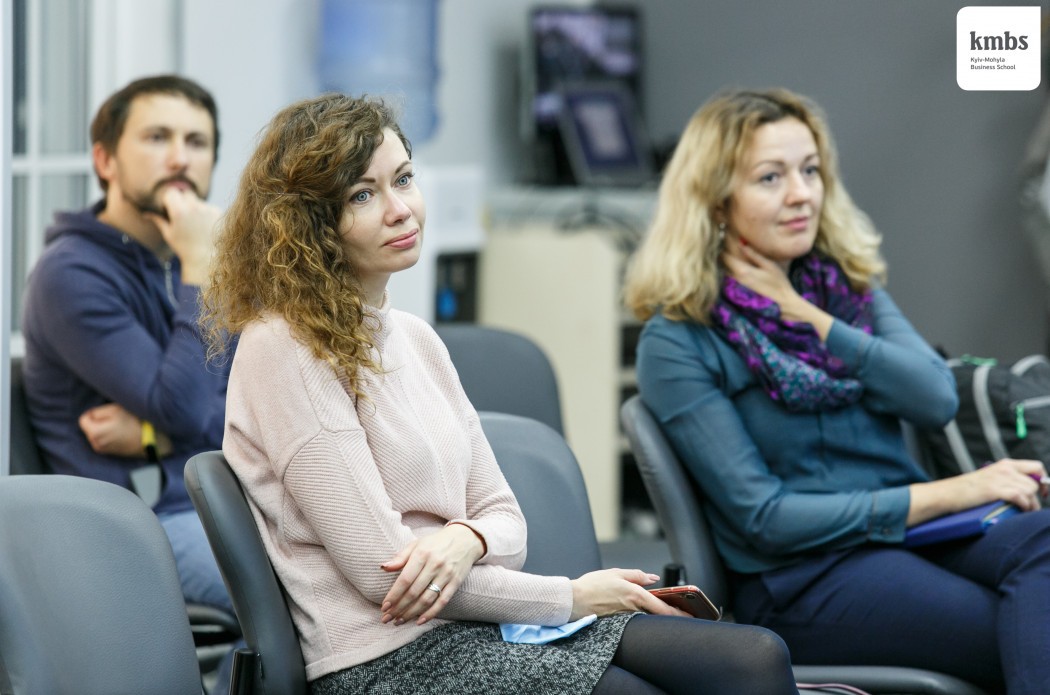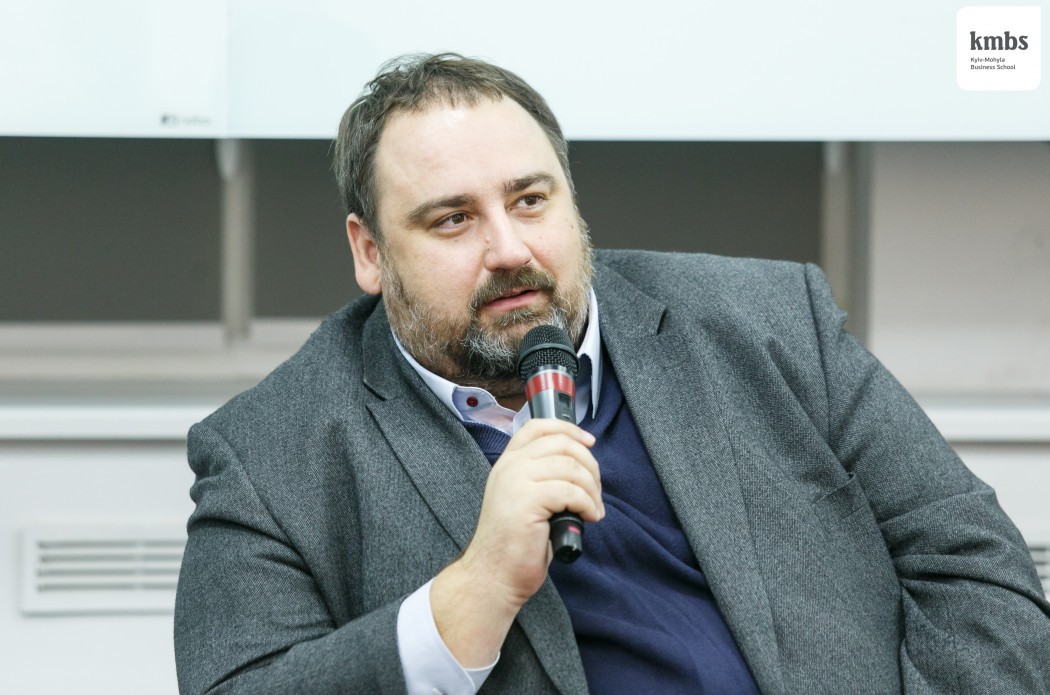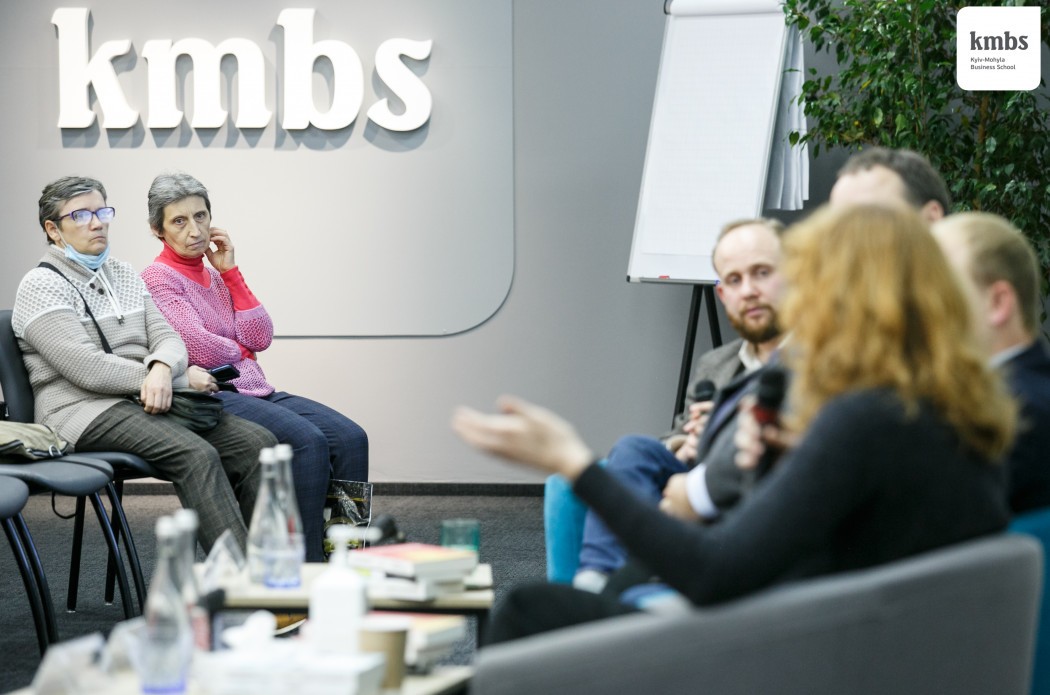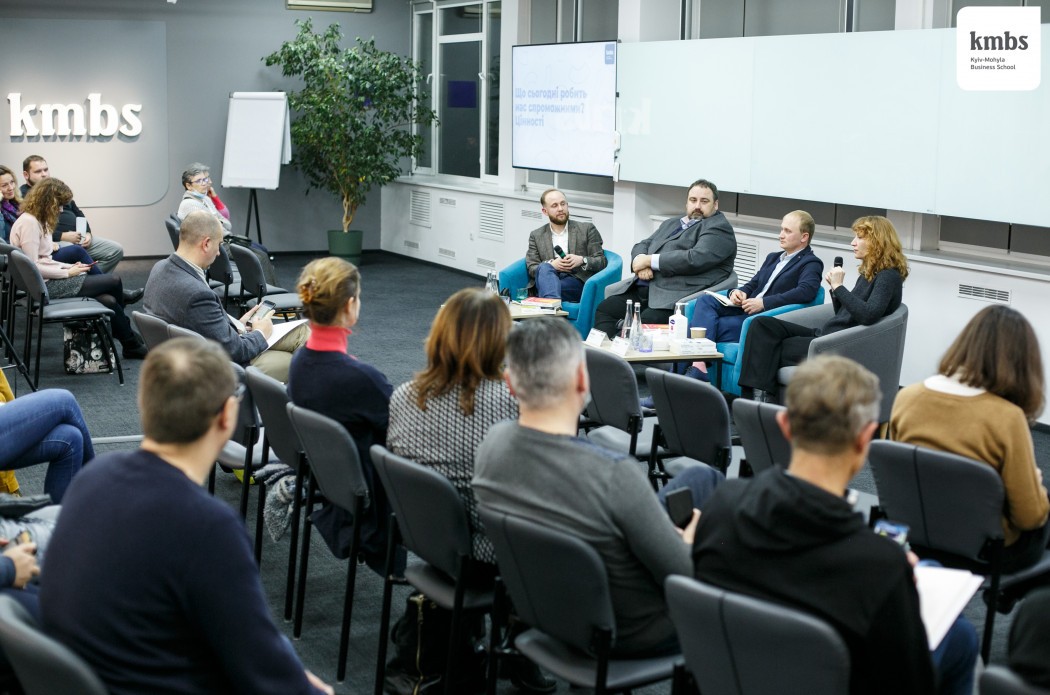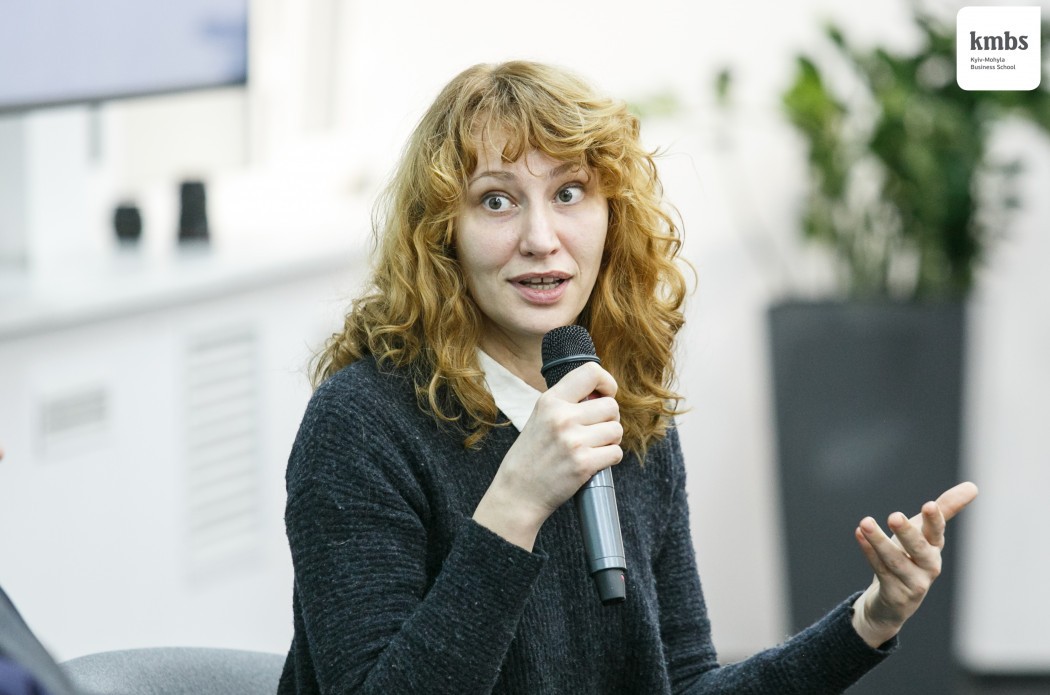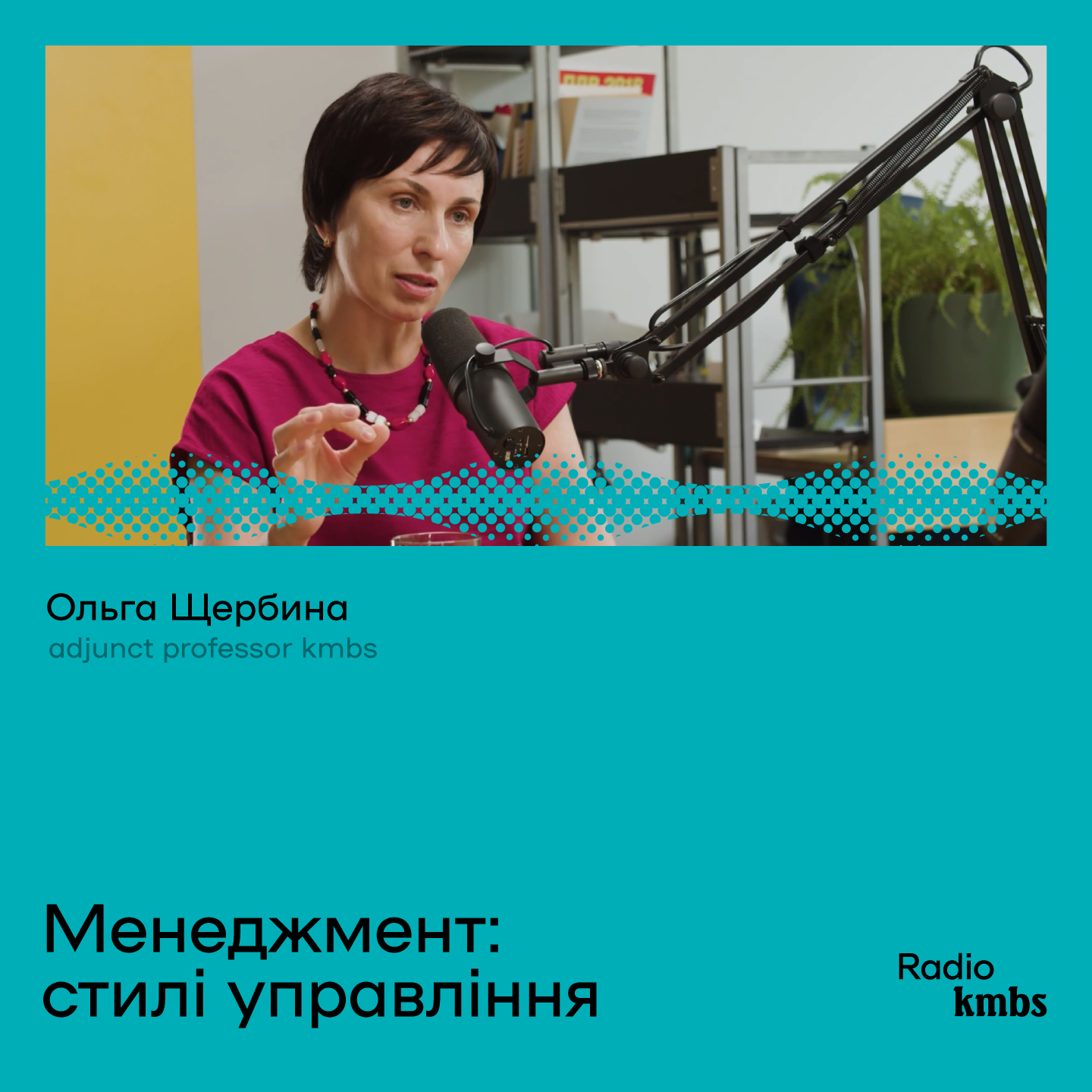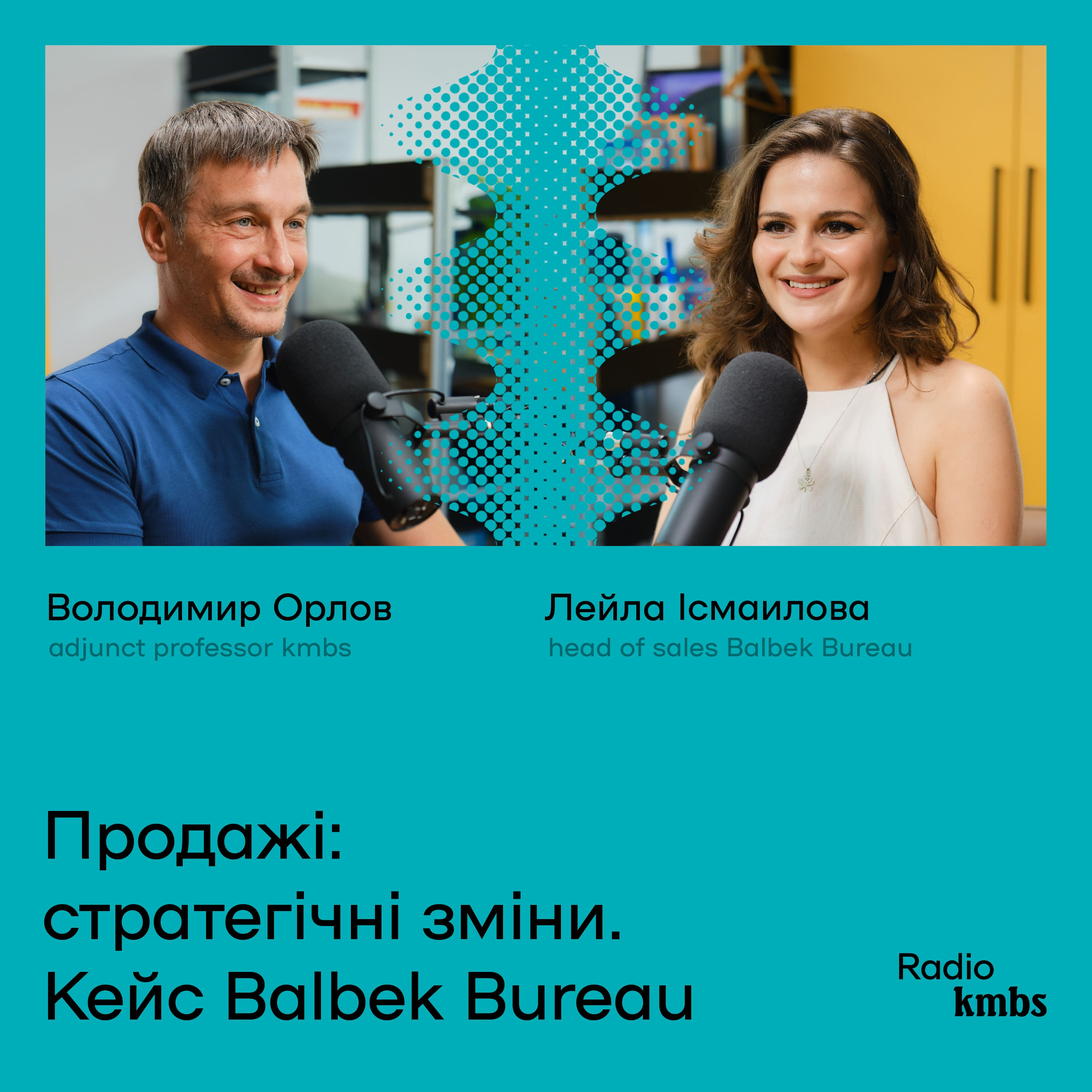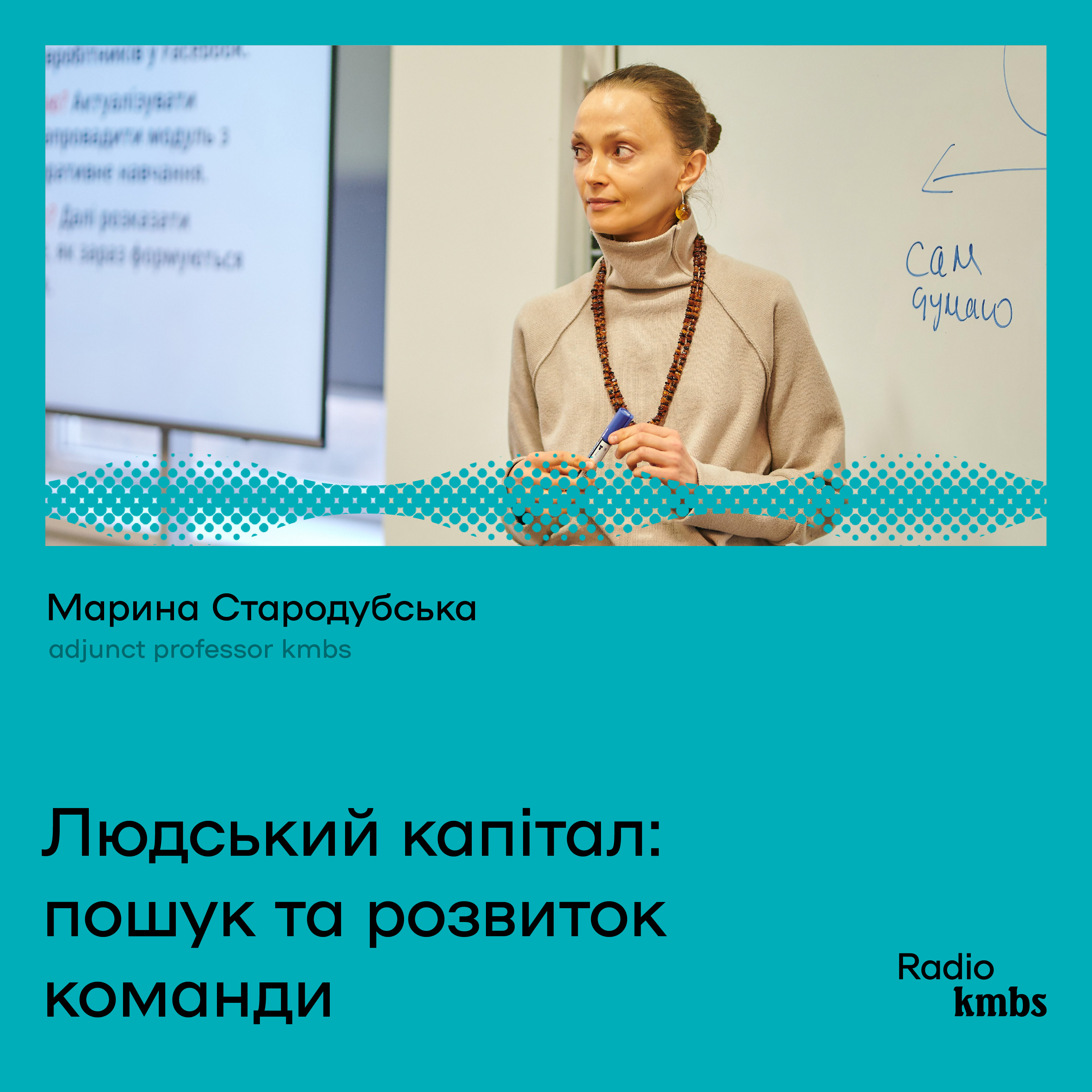It was the events of 2013 and 2014 - the Revolution of Dignity and the beginning of the war — that became the starting point for talking about values and capabilities.
Eugene Glibovytsky, founder of the analytical center pro.mova, rightly noted that the dynamics of values is influenced primarily by education; environment, practices, discussions, discourses, institutions, or something directly tools. Behind that, and by a significant margin, are catastrophes: the extremes experienced by communities transform their values. People who survived the crisis of 2012 came to the Maidan in 2013: many people simultaneously realized that they needed to get out of the catastrophe and began to look for it in addressing cultural factors (as opposed to institutional factors, conditionally: Marx v. Weber).
In response to Yevhen Hlibovytsky's observations, a remark was made by Olga Balashova, co-founder of the Museum of Contemporary Art / MOCA NGO: people who passed the same level of awareness of the test, overcame the same challenge and drew similar conclusions came to the Maidan. This is the cycle of actualization of value.
One way or another, at different levels, but each of the participants in the discussion referred to the events of the end of 2013 and, of course, to the democratic processes associated with them. Democratic communities are about a certain set of values, they are about the values of self-actualization.
Ronald Inglehart's name in the conversation about values and democratic processes sounded (as expected) or in the first sentence of the introductory speech of the moderator — philosopher and cultural manager Alexander Panasyuk. Inglegart-Welzel's cultural map of the world has literally shown the difference between societies that emphasize survival values and societies that adhere to the values of self-expression (and to what extent they adhere to and emphasize). Inglegart's diagram showed how clear and dynamic the line between society-1 and society-2 is. And finally: Ukraine was on that cultural map. It is clear that until 2013 the category of "value" was in circulation in our country, but after the events of the Revolution of Dignity it is considered more deeply, it gradually occupies the place in public opinion where it should be — one of the fundamental.
Olga Balashova considered values as something that cannot be undone, something that motivates action — in a certain historical, political and social context and at a certain level of social interaction. Therefore, it was important for Balashova to emphasize that the natural and normal development of institutions is important for the dynamics of values. People trained to survive will survive if living conditions need just that and only that. Contemporary art, for example, is one of the tools for the transformation of values, it is where democratic processes are: contemporary art is able to ask questions in such a way that they cannot be ignored.
It should be noted that such issues were not lacking in the conversation of experts about values.
Anton Martynov, the founder of Laboratory Publishing House, spoke about Scott Kaufman's thoughts when talking about the translation nonfiction market in Ukraine, which is actually the agenda of society (because it captures what worries us now and what we need today). His “Beyond the Pyramid of Needs. A New Look at Self-Realization ”was published by the Laboratory. The famous American cognitivist made a successful attempt to transfer humanism from the field of values to the field of virtues and gave the idea of self-actualization of a decent scientific basis. Self-actualization, according to Kaufman, is an ability today.
Yevhen Hlibovytskyi lowered the degree of general optimism a little: to what extent will this ability last here and now? "Values don't really affect who we are, but it does affect our ability. What we are is largely determined by what historians call path dependence theory: we are where we came from, and the dynamics with which we change testify to our ability. ”
Separation of values does not ensure conflict-free. The difference of values is not a question of time, the question of whether different values are compatible just here and right now. In Ukraine after 2013-14, such an issue can no longer be ignored: a sudden situation of mistrust (and this is not only about us, but also about the whole world) requires a revision of values.

